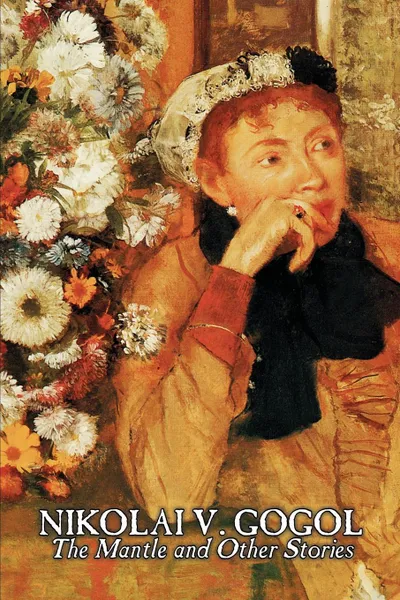The Mantle and Other Stories by Nikolai Gogol, Fiction, Classics, Literary 12+
Автор: Nikolai Vasil'evich Gogol,
Claud Field
2011
160 страниц
Категория: Литература на иностранных языках
ISBN: 9781463801731
Язык: Английский
📖 Gogol has made brilliantly colored pictures of his Zaporogues, which please by their very grotesqueness; but sometimes it is too evident that he has not drawn them from nature. Moreover, these character-pictures are framed in such a trivial and romantic setting that one regrets to see them so ill-placed. The most prosaic story would have suited them better than these melodramatic scenes in which are accumulated tragic incidents of famine, torture, etc. In short, one feels that the author is not at ease on the ground which he has chosen; his gait is awkward, and the invariable irony of his style makes the perusal of these melancholy incidents more painful. This style which, in my opinion, is quite out of place in some parts of "Taras Bulba," is much more appropriate in the "Viy," or "King of the Gnomes," a tale of witchcraft, which amuses and alarms at the same time. The grotesque easily blends with the marvelous. Recognizing to the full the poetic side of his subject, the author, while describing the savage and strange customs of the old-time Cossacks with his usual precision and exactitude, has easily prepared the way for the introduction of an element of uncanniness. -- From Prosper Merimée's Preface to this volume.
Мнения
